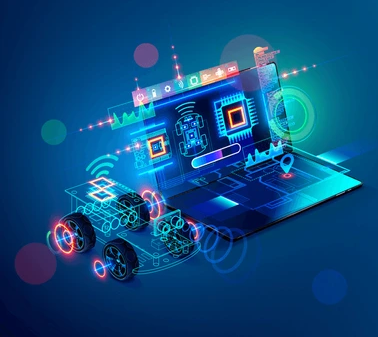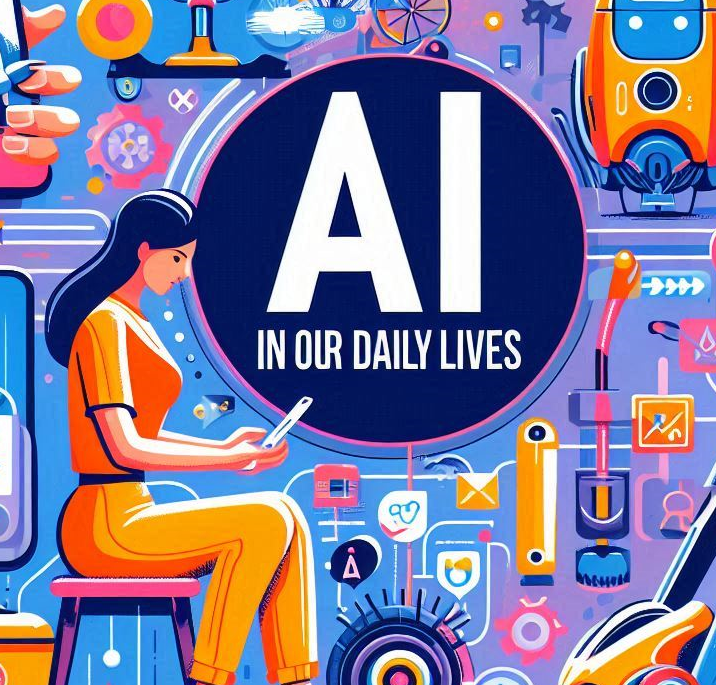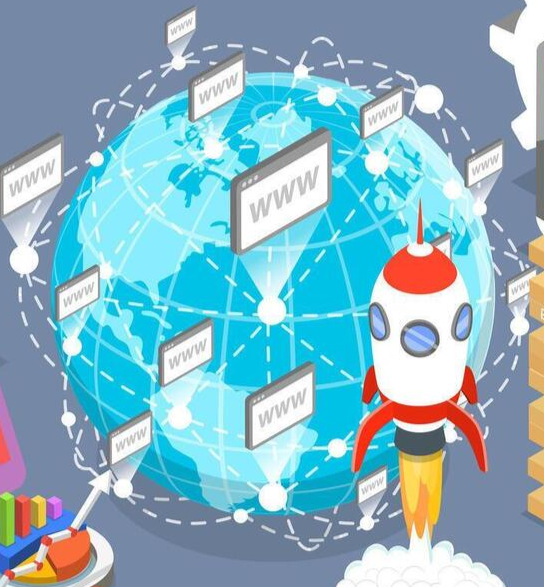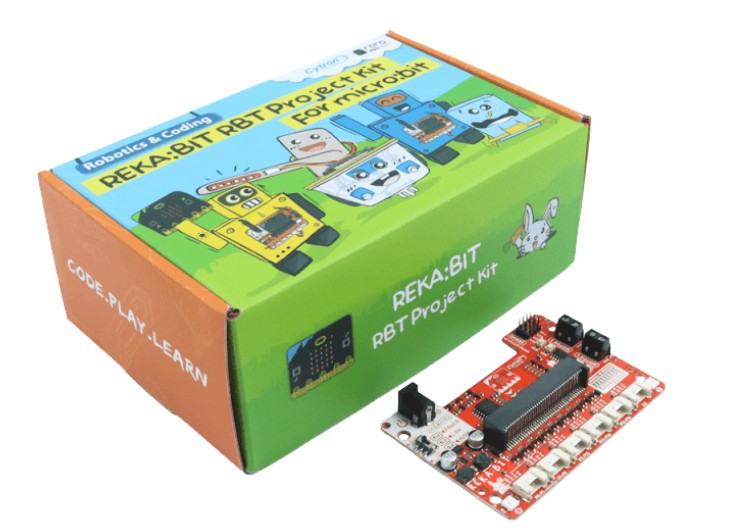
Navigating the Digital Frontier: How Digital Transformation Shapes the Younger Generation
In the digital age, the younger generation finds itself at the forefront of a transformative era, where technology permeates every aspect of daily life. From social interactions to education, entertainment, and beyond, digital transformation has become a defining characteristic of the modern world. This article explores the impact of digital transformation on the younger generation and how it shapes their experiences, opportunities, and outlook on the future.
- Digital Native Identity:
The younger generation, often referred to as digital natives, has grown up in a world where smartphones, social media, and the internet are ubiquitous. For them, digital technology is not just a tool but an integral part of their identity, shaping how they communicate, learn, and interact with the world around them.
- Access to Information and Knowledge:
Digital transformation has democratized access to information and knowledge, empowering the younger generation to learn and explore beyond traditional boundaries. With a few clicks, they can access vast repositories of information, educational resources, and online courses, expanding their horizons and fueling their curiosity.
- Redefining Education:
Digital technologies are redefining the landscape of education, offering new opportunities for personalized learning, collaboration, and innovation. Online learning platforms, interactive educational tools, and virtual classrooms enable students to learn at their own pace, connect with peers globally, and gain practical skills relevant to the digital economy.
- Entrepreneurial Spirit:
Digital transformation has unleashed the entrepreneurial spirit within the younger generation, empowering them to create, innovate, and pursue their passions. From launching online businesses to crowdfunding creative projects and building digital platforms, young entrepreneurs leverage technology to turn their ideas into reality and disrupt traditional industries.
- Social Connectivity:
Social media and digital platforms have revolutionized how the younger generation connects and interacts with others. They use social networks to forge friendships, share experiences, and engage with communities around the world. However, digital connectivity also raises concerns about online safety, privacy, and the impact of social media on mental health.
- Career Opportunities:
Digital transformation has created new career opportunities and pathways for the younger generation, particularly in technology-related fields such as software development, data science, digital marketing, and cybersecurity. With digital skills in high demand, young professionals are well-positioned to thrive in the rapidly evolving job market.
- Environmental Consciousness:
The younger generation is increasingly leveraging digital technologies to address global challenges, including environmental sustainability and climate change. From eco-friendly apps to online activism and sustainable innovations, they harness the power of technology to drive positive social and environmental change.
- Digital Citizenship and Ethics:
As digital natives, the younger generation faces the responsibility of navigating the ethical and moral implications of technology. Digital citizenship education is crucial in empowering them to become responsible digital citizens, capable of critically evaluating information, respecting online norms, and contributing positively to digital communities.
In conclusion, digital transformation presents both opportunities and challenges for the younger generation. By embracing technology, cultivating digital skills, and fostering a mindset of innovation and responsibility, they can harness the power of digital transformation to shape a brighter future for themselves and generations to come. As stewards of the digital frontier, the younger generation holds the key to unlocking the full potential of the digital age and driving positive change in society.






























